Uses of MS Excel
MS Excel or Microsoft Excel is an essential software program of Microsoft Office Suite developed by Microsoft. It is one of the most powerful spreadsheet software that uses rows and columns to organize the data.
Excel seems like an essential number-crunching software primarily used for managing household expenses or generating some basic reports. However, excel is more than just a simple reporting program. Excel is powerful software and can help perform a wide range of jobs for personal or business purposes. Therefore, there are plenty of uses of MS excel, and the list goes on.
In this article, we are discussing some of the major uses of Microsoft Excel that will help us understand the potential of this powerful software and how different people or organizations are using it for their needs. They are as follows:
- Data Entry and Storage
- Performing Calculations
- Data Analysis and Interpretation
- Reporting and Visualizations
- Accounting and Budgeting
- Collection and Verification of Business Data
- Calendars and Schedules
- Administrative and Managerial Duties
- Forecasting
- Automating Repetitive Tasks
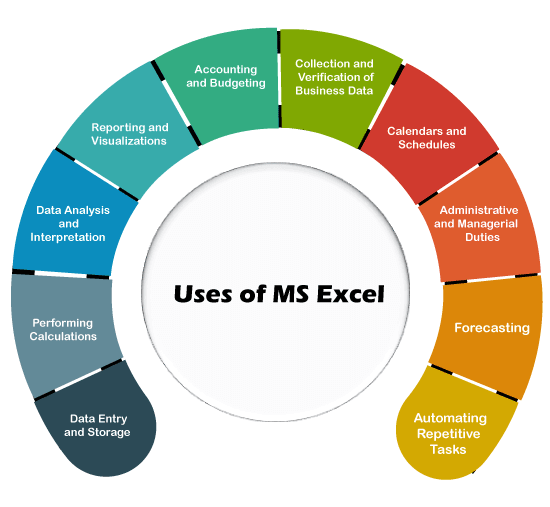
Let us discuss each in detail:
Data Entry and Storage
When there is a need for data entry and data storage, excel is an excellent software for basic needs. Excel is a great option to store lots of data. However, the size of the excel file is limited based on the device’s computing capacity and memory availability. Generally, excel worksheets can have 1,048,576 rows and 16,384 columns in a table form. Once the data is organized in an excel file, we can use it for various purposes. Using multiple tools and formulae, we can implement numerous operations on the data.
Apart from this, features like Data Form in excel make inputting and viewing data more accessible. Using this, users can build customized data entry forms according to their business requirements. Moreover, we can also use excel to create different lists for various needs. For example – customer mailing list, employees work reports, employees shift rotations, etc.

Performing Calculations
MS Excel has plenty of in-built functions or formulae that can be used to work with the data. There are more than 450 functions in excel that are categorized accordingly. Some most common functions in an excel function library include financial, logical, text, date & time, math, and trigonometry. We can use the necessary functions or formulae on any row, column, and cell within the spreadsheet.
We can also create our custom formulae with some programming skills or using macros in addition to the existing functions. So, we do not need to do the entire task again and again. Once we have created the specific set of functions, we must put corresponding values to get the desired results. With excel, we can perform almost every type of calculation (addition, subtraction, multiplication, division, etc.), and it is one of the best use of MS Excel.

Data Analysis and Interpretation
Data analysis is an essential part of MS excel. Analyzing the data helps in making decisions for improvements. When the data has been updated in spreadsheets, we can use formulae and pivot tables to effectively analyze the data and interpret the numbers. Using these features, we can consolidate the data and easily focus on essential segments from large data sets.
By applying features like sort, filter, or swapping out data segments, the table can be managed more systematically to carry out the required data fields. Furthermore, we can take a screenshot of the specific part and attach it to a particular area in excel to create an interactive summarized report with precise communicable results.
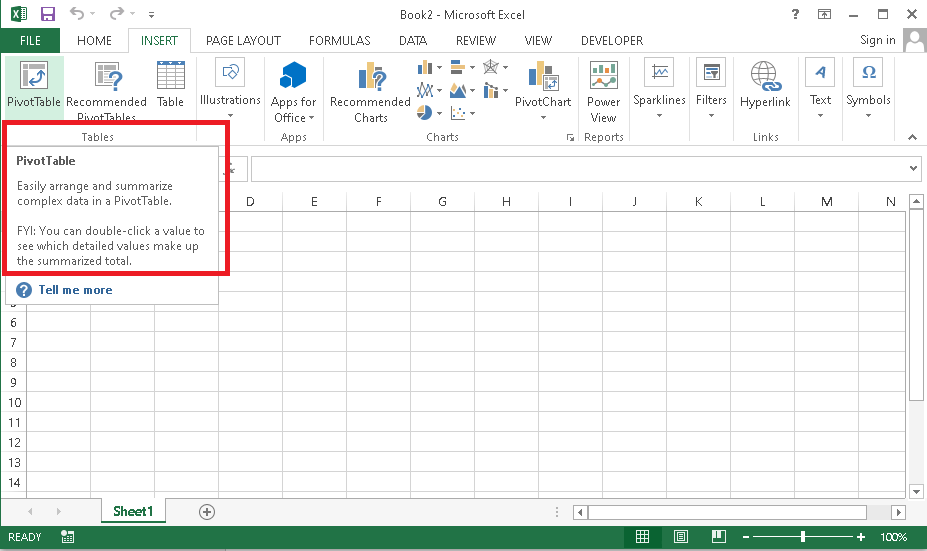
Reporting and Visualizations
Charts, graphs, or other visualizations can make any simple report more attractive and meaningful. It is always a better way to use different charts to display the results in a summarized form, and that too with more attraction. A simple chart can sometimes cover and express the desired results than the massive table with relatively long data ranges.
Since visualizations can be helpful, MS excel provides a wide range of in-built chart templates that we can easily use without many efforts. We need to select the template and input the data to carry out the particular chart in our excel file. Additionally, the software also offers various tools to create customized styles using specific color styles, axis values, text comments, etc.
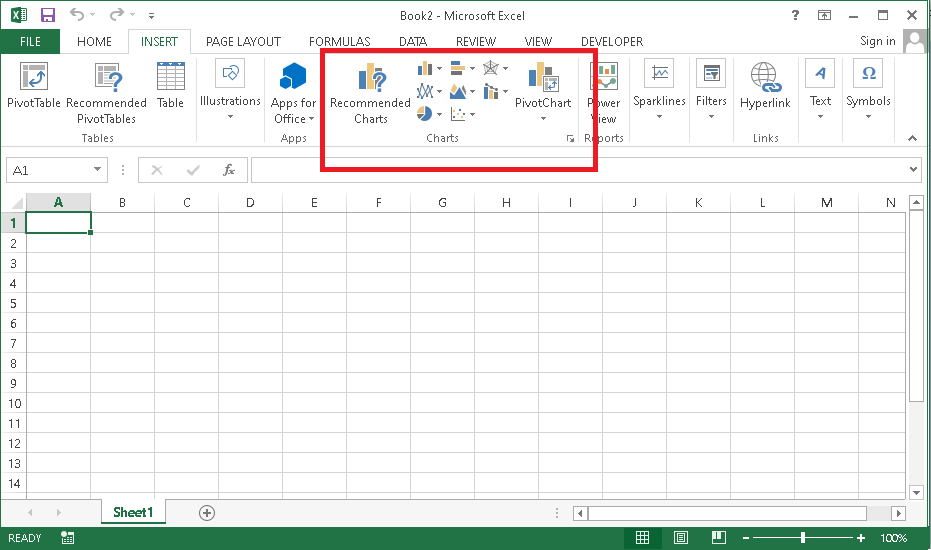
Accounting and Budgeting
Account and budget managers most often use MS excel to maintain customer records. It is an easy way to organize the data and keep the data up to date with simple editing tools of excel software. It is one of the main tasks of account managers to keep records because it helps them create a strong relationship with their clients. This eventually enables accounting or budgeting managers to earn customers’ loyalty, which further generates repeat sales. Furthermore, they can easily find the details from excel and also share with others easily when necessary.
To add simplicity, excel also comes with many accounting and budgeting templates that can be used or modified accordingly. Some advanced templates may also contain some formulae or functions to perform basic to complex calculations. Thus, excel is an efficient accounting and budgeting software and helps us synthesize quick results in corresponding fields.
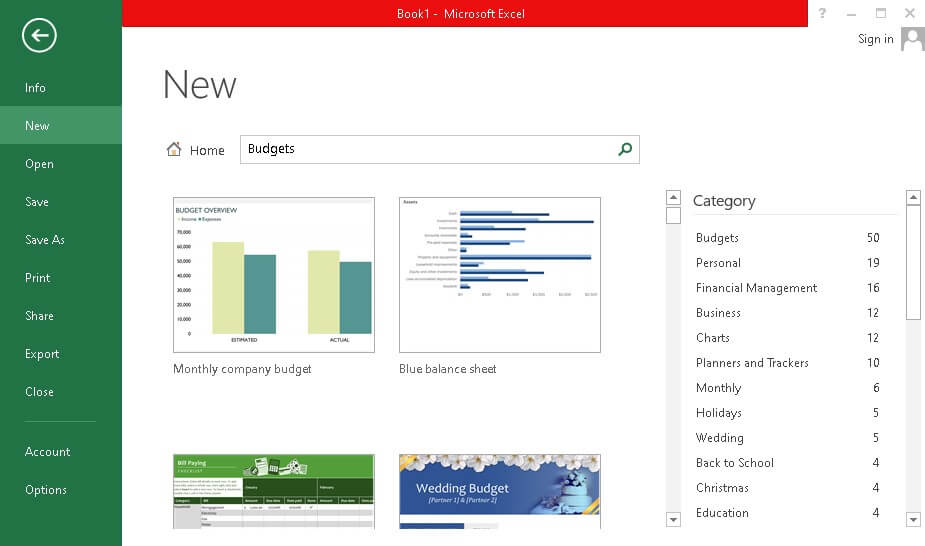
Collection and Verification of Business Data
Most companies implement multiple systems (such as CRM, inventory, etc.) to manage their database and logs separately. There can be different software for specific tasks. Since MS excel is a popular and widely used software, most third-party business software programs are designed to adapt the characteristics of MS excel. The records from most software can be exported into excel for easy access. Moreover, excel can further help in editing the data, such as removing or deleting duplicate entries. Organizing the data in excel is a lot easier, and adequately managed data can undoubtedly impact future analysis or outcomes.
Apart from this, MS excel can be easily managed by different people due to its simple and interactive user interface. People can also learn this software very quickly. In addition to this, excel reports are easy to share, and therefore, the data can be handed over to other employees or new managers. Thus, collecting the data from various sources and verifying their details become more manageable with excel.
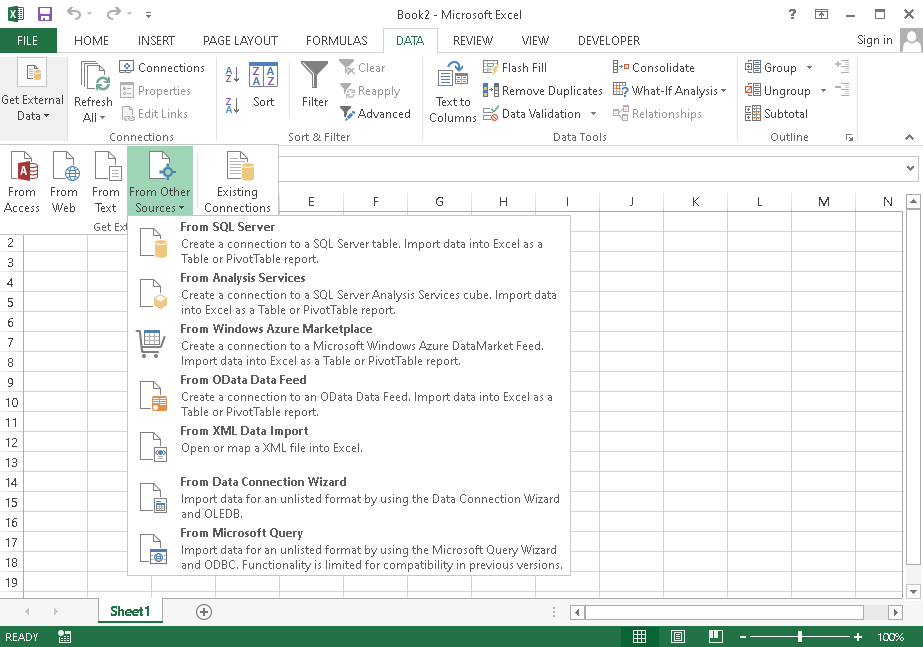
Calendars and Schedules
Another important use of excel can be seen in making calendars and schedules. Excel offers some auto features that can help in developing sequential dates or days accordingly. We are not required to enter all the dates or days manually. Additionally, we can adequately organize dates and days using rows and columns in excel to create a well-formed calendar. Once the calendar is created, we can also use comments or texts to add schedules or tasks for specific dates or days accordingly.
Using calendars, companies can also effectively set their goals. They can also create year-wise reports of their business processes in the same worksheets or different worksheets depending on their data sizes. The best thing about MS excel is that some in-built ready-to-use calendars templates can be downloaded from within the excel software and modified accordingly. Besides, excel also allows users to create customized templates using different styles and visualization and save them for further use.
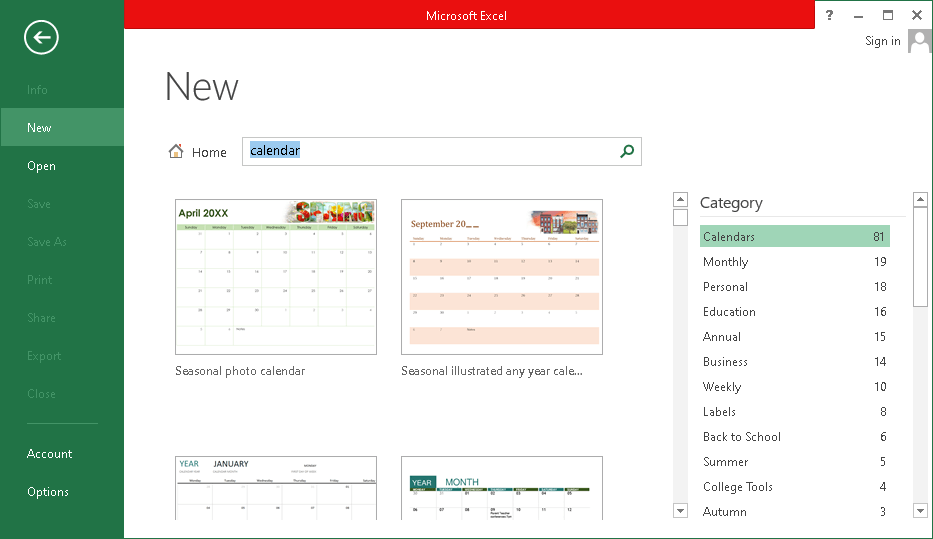
Administrative and Managerial Duties
One of the significant aspects of administrative or managerial duties is to create and maintain multiple business processes. MS Excel is the solution. The software is not just used for recordkeeping anymore. It is beneficial in office administration for many other tasks, such as invoicing, paying bills, keeping track of profits, loss, expenses, etc.
Besides, office administrations also use MS excel to store data required for financial reports, accounting, business analysis, and employee progress reports. For most small to medium level offices, MS excel is undoubtedly an all-purpose software and manages utmost office activities.
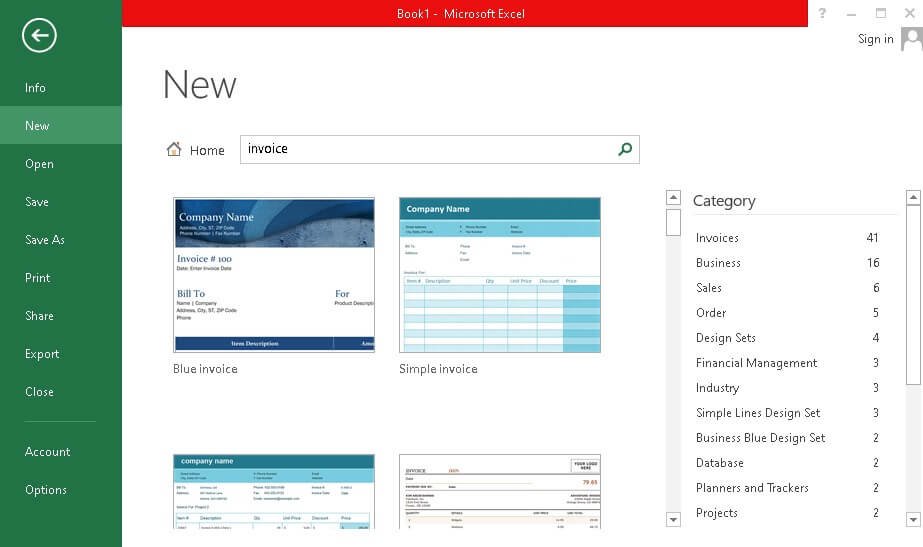
Forecasting
Businesses need to organize the data and review it frequently for continuous growth and improvements. However, it is also vital to get an idea of various scenarios or results that might occur as outcomes from the applied inputs. Generating continuous reports can be beneficial towards future assumptions. This means that assumptions can be made at some fundamental levels by using past data.
Apart from this, when there is no past data but we have the target. Excel can be beneficial to find the correct inputs for the specific results we are planning to achieve. In particular, it can be done using a feature Goal Seek Analysis. By properly giving the right target objective, we can identify what needs to be done for further steps to achieve the set target.
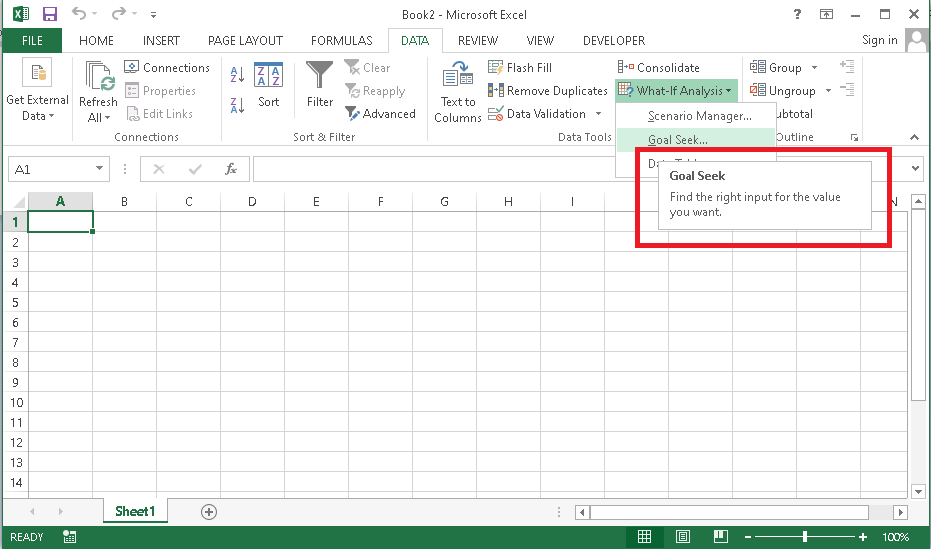
Automating Repetitive Tasks
Excel is powerful software, and there are some advanced features to help solve complex problems with ease. One such feature in MS excel is ‘Visual Basic’ that offers developers to implement advanced skills to automate routine tasks. Once we know the advanced level in MS Excel, we can automate the reports using the Microsoft visual basic editor. The editor mainly supports VBA (Visual Basic for Applications) coding language.
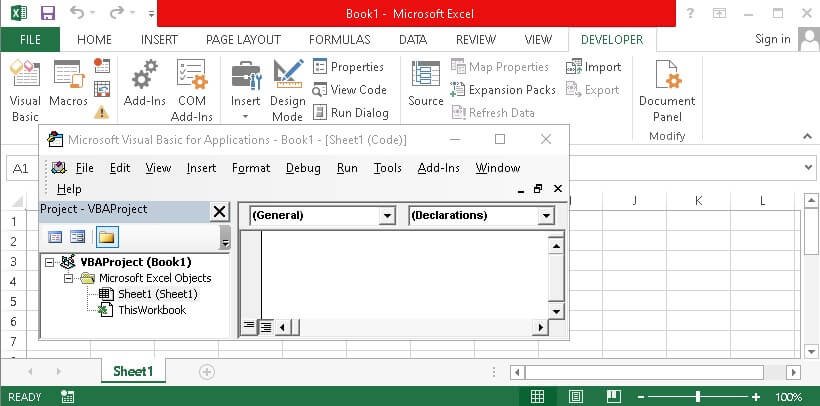
The article discussed ten major uses of MS excel; however, there are many more uses of this powerful software. It would not be wrong to say that the potential uses of MS Excel are almost countless.




